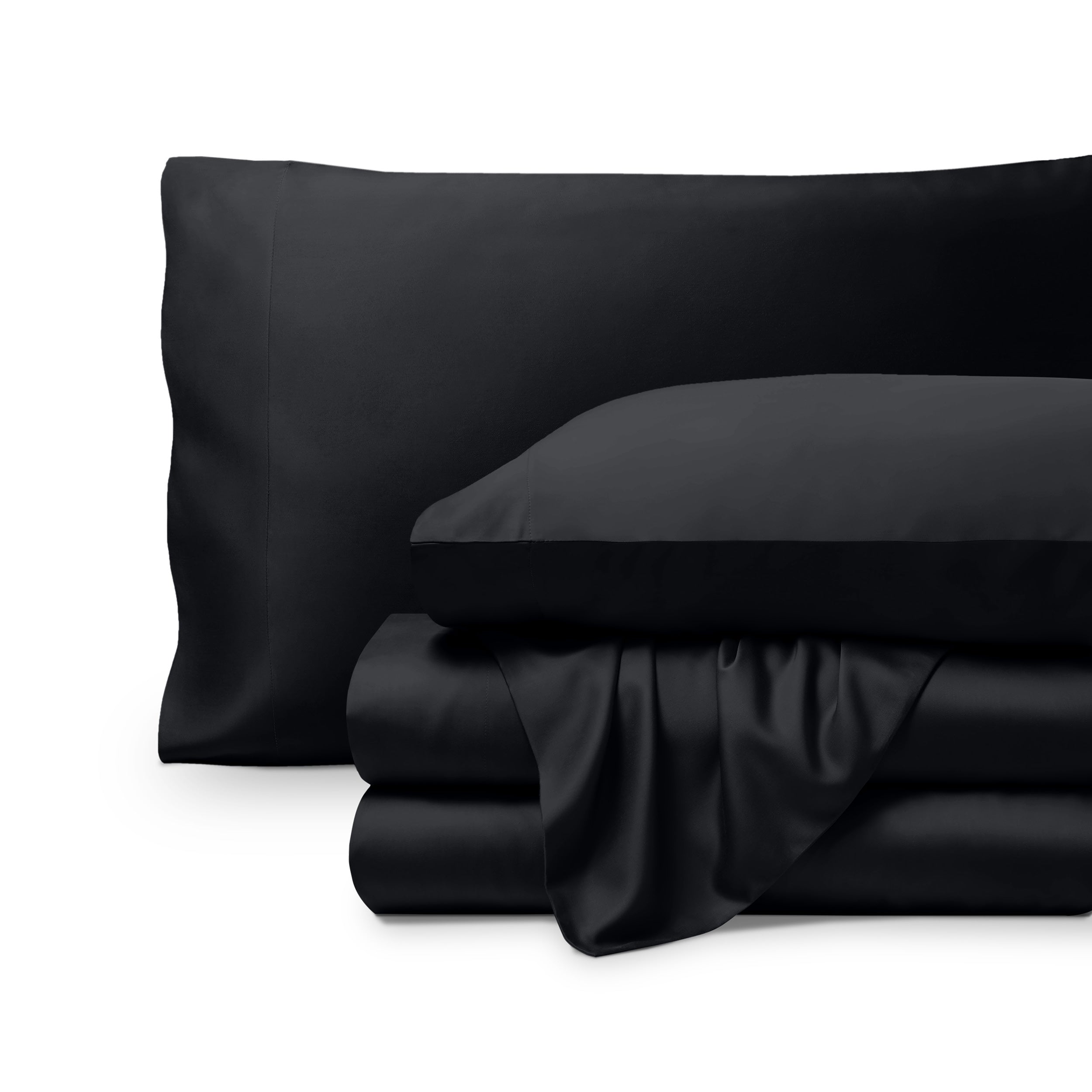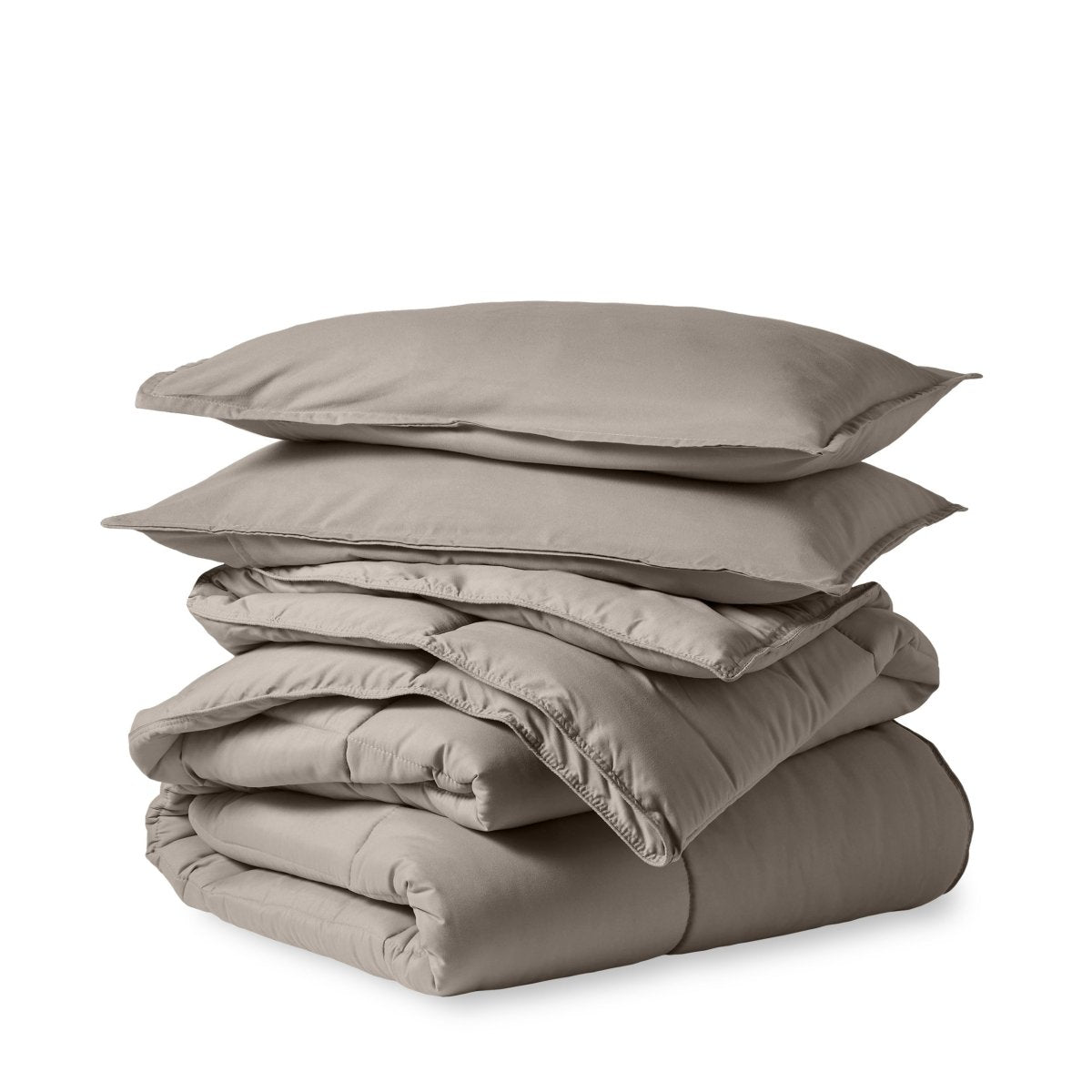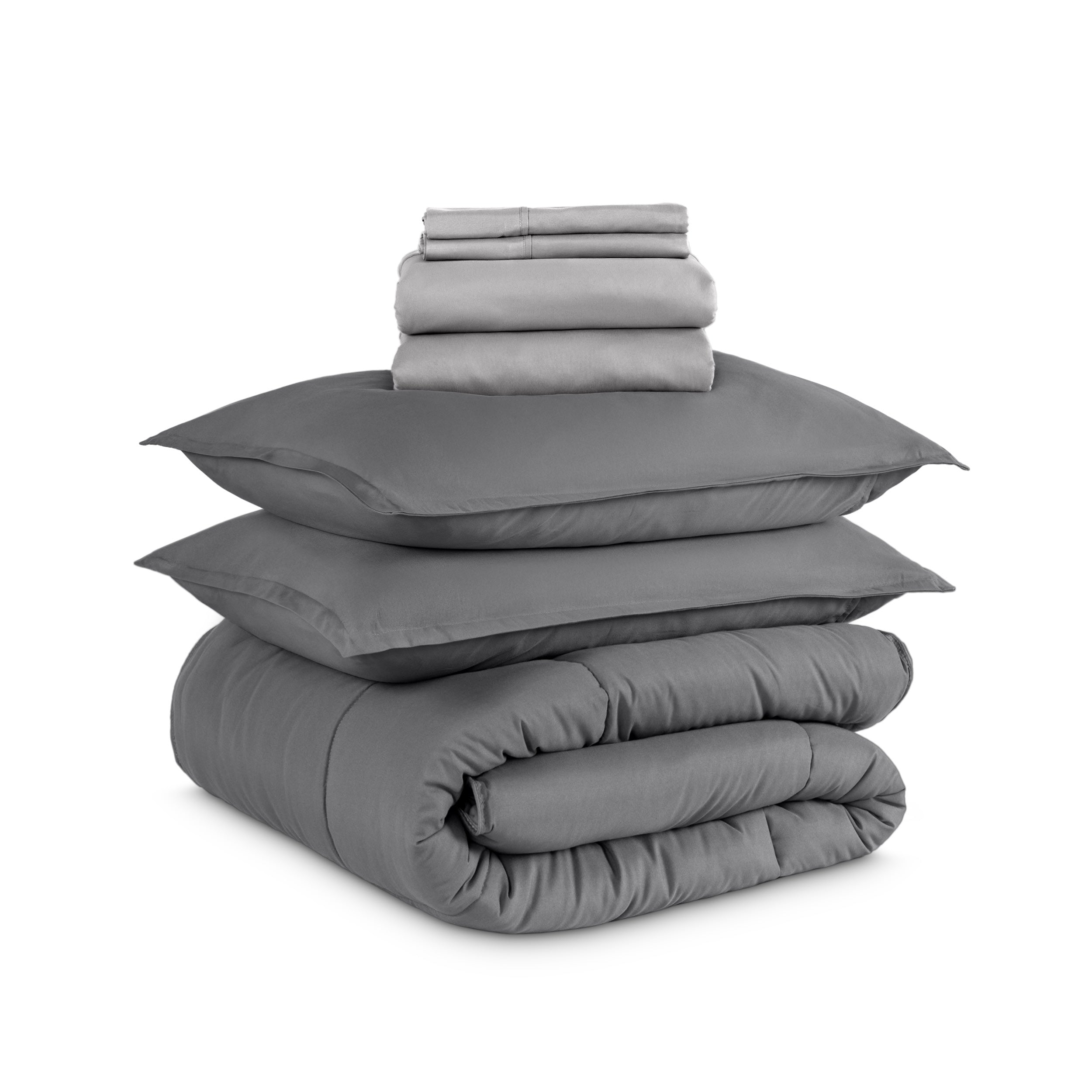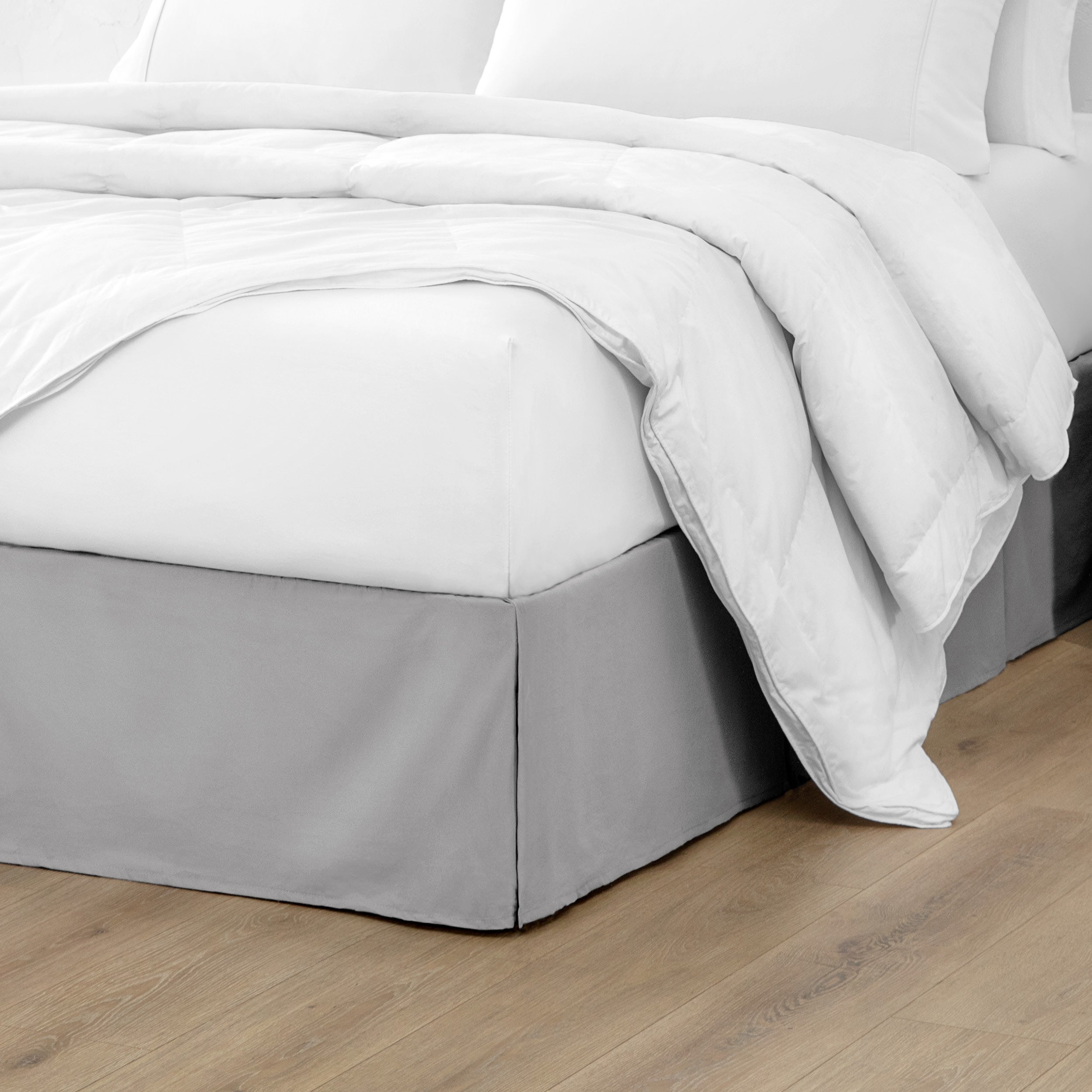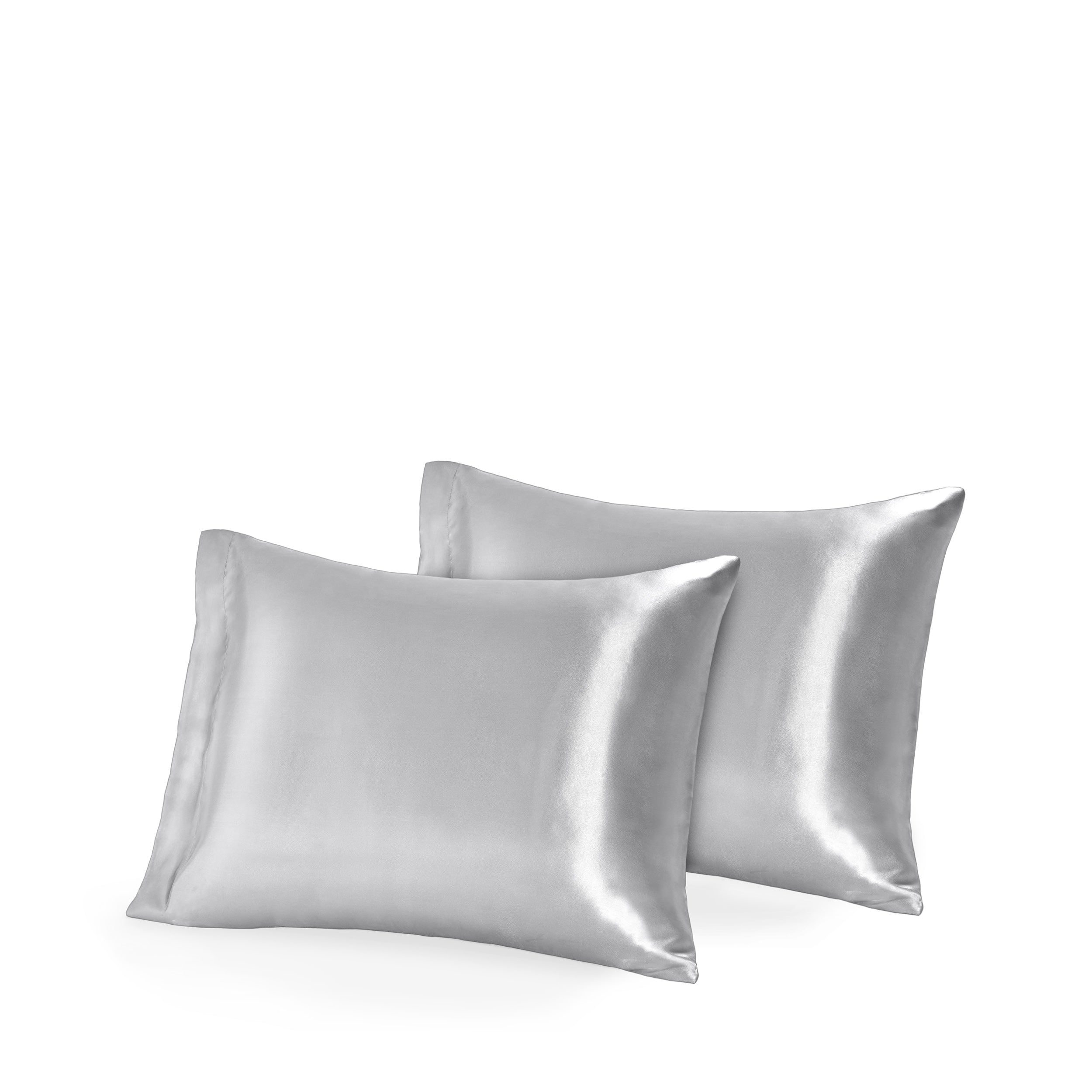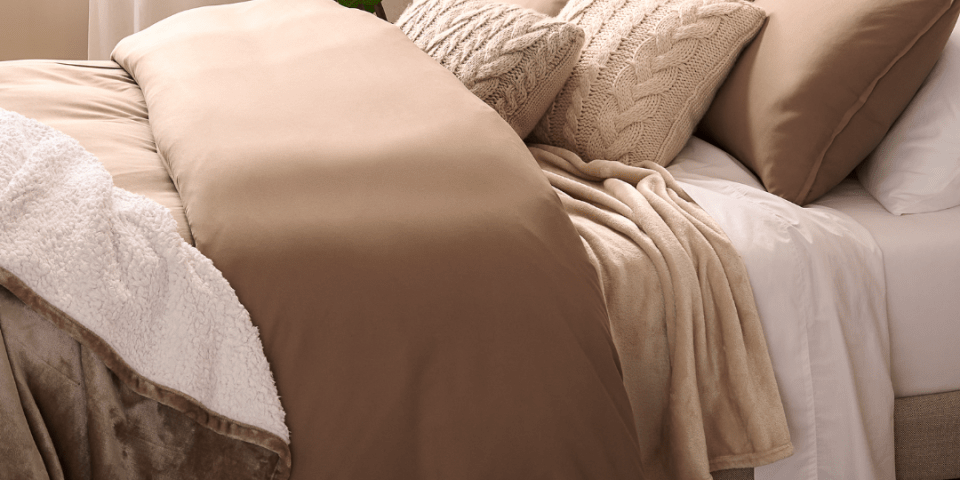If you've ever wondered why you have so much trouble getting up in the morning despite your best intentions, or why you're suddenly wiped out at 9 p.m. when you usually feel fine, it might boil down to your chronotype. What's your chronotype? It's a question worth asking because according to recent research, knowing your chronotype can help you better understand how to get the most out of your sleep (and avoid those killer insomnia bouts). Read on to learn more about this emerging area of sleep science, and how you can use this information to hack your slumber for the betterment of both mind and body.
What Are Chronotypes?
Most people are familiar with the concept of a circadian rhythm, which governs our sleep-wake cycle during 24-hour period. However, not everyone experiences this cycle in the same way. Chronotypes are different sleep patterns that can be used to classify how an individual experiences the sleep-wake cycle.
There are four main chronotypes: lion, bear, wolf, and dolphin. Each chronotype has its unique pattern of sleep and wakefulness. For example, lions tend to wake up early and go to bed early, while wolves stay up late and sleep in late.
Chronotypes are thought to be determined by a combination of genetic and environmental factors. Some studies have shown that chronotypes can change throughout a lifetime, but others have found that they are relatively stable. Regardless of whether chronotypes are fixed or flexible, understanding them can help optimize our day.

How to Determine Your Chronotype
There are a few different ways that you can determine your chronotype or natural sleep cycle. One way is to pay attention to when you naturally feel the most awake and alert during the day. Do you tend to wake up feeling refreshed and ready to start the day? Or do you find yourself needing an extra cup of coffee in the morning? Likewise, do you start to feel tired in the afternoon or evening? Or do you have trouble winding down at night?
Another way to determine your chronotype is to keep a sleep diary for a week or two. Note when you go to bed and when you wake up each day, as well as how long you sleep and how rested you feel upon waking. This can give you a better picture of your natural sleep cycle.
Finally, if you're struggling to determine your chronotype on your own, you can always consult with a sleep specialist. They will be able to help you identify any patterns in your sleep habits and determine what chronotype is best for you.

Lion Chronotype
The lion is the most active of all the chronotypes. They rise early, energized and ready to tackle the day. Lions are at their best in the morning, and they tend to lose steam as the day goes on. Therefore, lions need to make sure they get enough sleep at night so they can be fresh and alert for their early start.
Lions also do well with short bursts of activity, and they need to keep moving throughout the day to stay focused. They work best when they have a clear goal in mind and are motivated by challenges. Lions are natural leaders, and they are often confident and decisive. However, they can also be inflexible and resistant to change.
Lions need to be careful not to over-commit themselves, or they will quickly become overwhelmed. When it comes to caffeine, lions are sensitive drinkers – a little bit goes a long way and too much caffeine can make them anxious and jittery. The best time for a lion to exercise is in the morning when they have the most energy.
Bear Chronotype
The bear chronotype is the most common sleep pattern, and it is characterized by sleep cycles that follow the sun. People with this chronotype tend to feel most awake and alert during the day, and they typically go to bed early and wake up early.
Bear chronotypes are often described as being 'morning people'. Although they may not be able to function at their best first thing, they are usually able to get out of bed and start their day relatively easily. Bears often struggle to stay up late, and they may find it difficult to concentrate in the evening. This is because their body is naturally wired to sleep at night.
Bears are more likely to suffer from seasonal affective disorder, which can make it difficult to get out of bed in the winter months. However, bears are also known for their ability to adapt to changing schedules, which means that they can adjust their sleep cycles if necessary. Bear chronotypes typically need around eight hours of sleep per night, but everyone is different. You may need more or less, depending on how you feel.
Wolf Chronotype
The wolf chronotype is a sleep pattern that involves staying up late and sleeping in late. People with this sleep pattern often find it difficult to wake up early, and they may feel more productive at night. While the wolf chronotype is often associated with night owls, it can also be found in people who work night shifts or have irregular sleep schedules.
Some research has suggested that the wolf chronotype may be linked to higher levels of creativity and productivity. However, it is important to note that not everyone who has a wolf chronotype will experience these benefits. Some people may find that their sleep patterns cause them to feel more tired and less productive.
Dolphin Chronotype
The dolphin chronotype is a sleep pattern that is characterized by very little sleep during the night, followed by a long period of rest during the day. This pattern is like that of dolphins, who sleep for only a few minutes at a time and then spend the rest of their day swimming and playing.
Dolphin chronotypes are more common in people who live near the equator, where there is more sunlight available during the day (siesta, anyone?). Studies have also found that dolphin chronotypes are more common in people who are highly educated and have jobs that require them to be awake and alert for long periods. People with dolphin chronotypes also tend to be good at multitasking and have high levels of mental and physical energy.

The Benefits of Understanding Your Chronotype
When it comes to getting a good night's sleep, it's not just about how many hours you spend in bed. It's also important to consider your chronotype or natural sleep pattern. Depending on your chronotype, you may find that you naturally wake up early or late and feel more alert at certain times of the day. Understanding your chronotype can help you to adjust your sleep schedule so that you're getting the most restful sleep possible.
In addition, it can also help you to better plan your day-to-day activities. For example, if you know that you're a night owl, you may want to schedule important meetings or deadlines for the morning, when you're likely to be feeling more alert and focused. Similarly, if you're an early riser, you may find that working out in the morning gives you more energy for the rest of the day. Ultimately, understanding your chronotype can help you to optimize your daily routine and get the most out of each day.

Use Your Chronotype to Improve Sleep Quality and Productivity
Here is some advice on how to make your chronotype work for you, not against you. By following these tips, you can help ensure that you're getting the right amount of sleep and feeling your best each day.
Lions
As anyone who has ever tried to stick to a daily routine knows, it can be a challenge to find the right balance of activities that leave you feeling refreshed and energized. But for those who consider themselves to be a lion chronotype, there is a specific routine that experts say is best for optimizing productivity and overall well-being.
According to sleep researcher Michael Breus, lions tend to wake up early, feel most energetic in the morning, and be able to focus best during the first few hours of the day. For this reason, he recommends that lion chronotypes structure their days so that they can make the most of their morning energy. This might mean setting an alarm for 6 am so that you can get a head start on your workday or going for a run or taking a yoga class before starting your day.
Of course, every person is different and there is no one-size-fits-all approach to finding the perfect daily routine. However, for lion chronotypes who want to make the most of their mornings, following a schedule that includes some form of exercise and an early start to the day is a good place to start.
Wolves
A person with this chronotype feels the most awake and alert at night, which can be a difficult pattern to adjust to. However, there are some steps that wolf chronotypes can take to make the most of their natural pattern and maintain daytime energy levels.
First, it is important to get enough sleep. This means going to bed early and sleeping for at least eight hours. Second, try to avoid caffeine after noon. Caffeine has a half-life of six hours, which means it can stay in your system for up to 12 hours.
Third, you should get up and move around every few hours. Taking a walk or doing some simple stretches will help to keep your energy levels up. Finally, wolves should expose themselves to bright light as soon as they wake up. This will help to reset their internal clock and make it easier to fall asleep at night.
Bears
Some people wake up early and have most of their energy in the morning. Others stay up late and prefer to sleep in. And then there are "bears," who fall somewhere in between.
If you're a bear chronotype, you probably find that you're not a morning person, but you also don't enjoy staying up late. You're likely to feel your best if you stick to a consistent routine with set bed and wake times. That means going to bed at the same time each night and setting an alarm for the same time each morning, even on weekends.
It's also important to get enough exercise during the day. Research shows that bears who get at least 30 minutes of moderate exercise each day sleep better than those who don't. Bears should aim to get their heart rate up for a little while each day, whether it's by going for a walk, going for a jog, or taking an exercise class.
Dolphins
For those with a dolphin chronotype, the best daily routine is one that maximizes their natural energy levels. Dolphins are most alert and active in the early morning hours, so it makes sense to structure their day around this period. They should start their day with an energizing activity like swimming or running, followed by a healthy breakfast. This will help them to stay focused and productive throughout the morning hours.
After lunch, they can take a nap or relax for a bit before getting back to work in the afternoon. Dolphins should aim to wind down their day with another active activity, like playing sports or going for a walk, to help them sleep better at night. By following this daily routine, dolphins can make the most of their natural strengths and abilities.

Conclusion
Sleep chronotypes are important to understand to get the most out of sleep and productivity. By knowing your sleep chronotype, you can adjust your sleep schedule and activities accordingly to make the most of your natural tendencies. There is no one-size-fits-all approach but following some simple tips can help optimize sleep quality and productivity.


